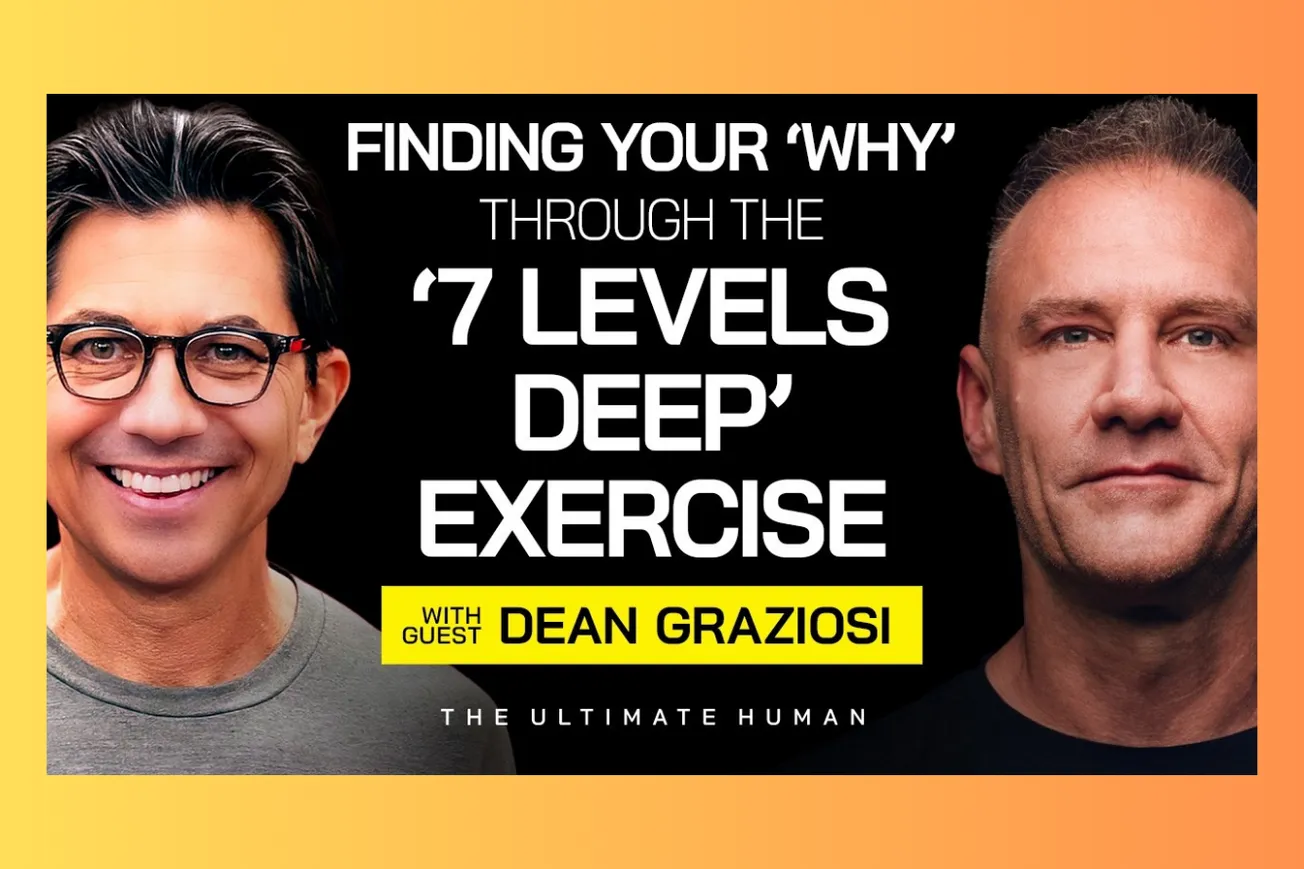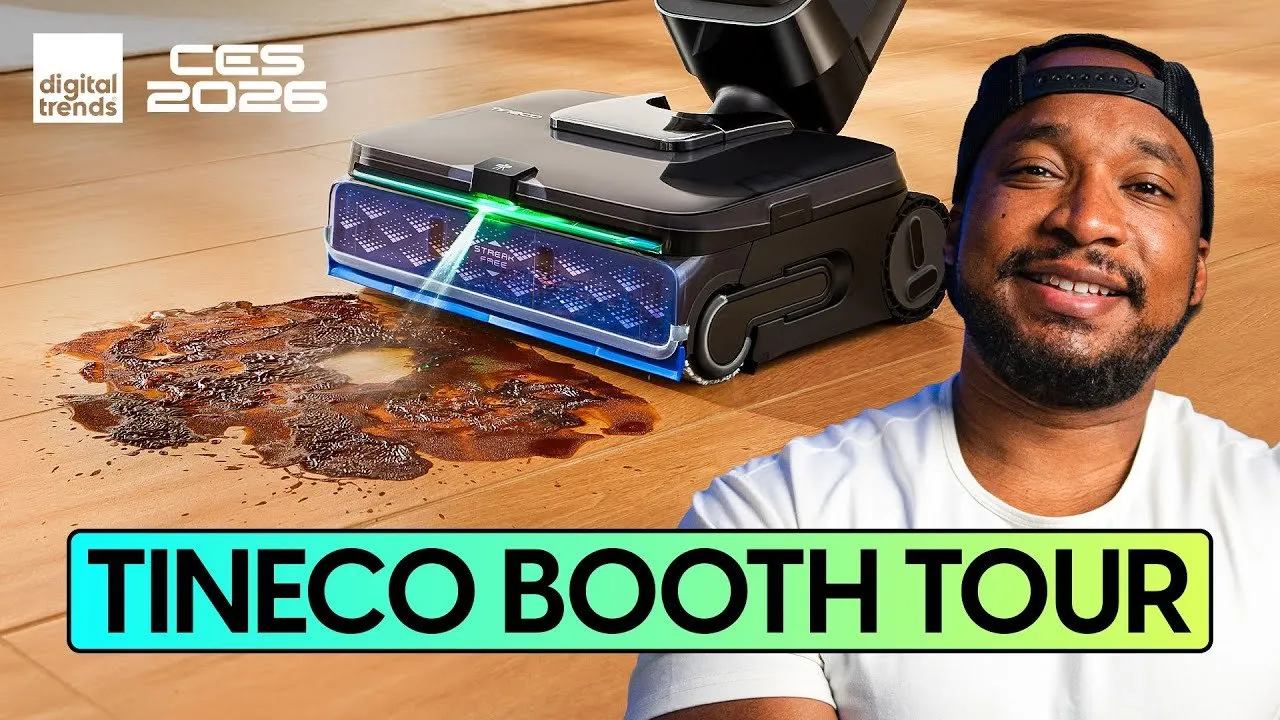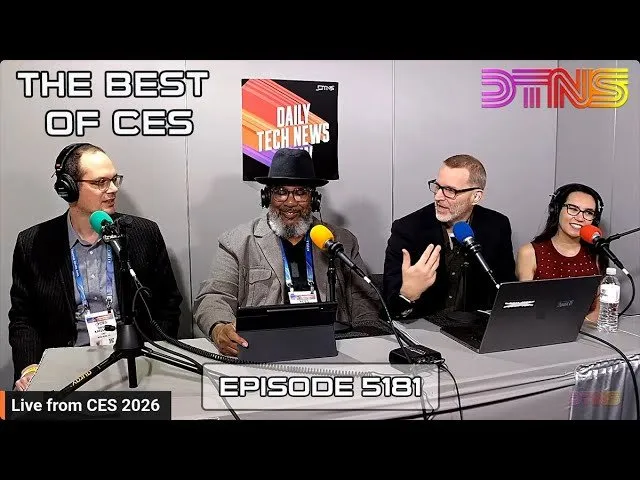Table of Contents
Sometimes the most profound wisdom comes from the most unexpected places. Dean Graziosi's journey from a trailer park kid whose mom worked three jobs to becoming Tony Robbins' business partner proves that your circumstances don't determine your destiny – but your response to them absolutely does.
Key Takeaways
- Life's setbacks aren't your fault, but responding to them is entirely your responsibility
- The "seven levels deep" exercise reveals your true motivations by moving from head-based to heart-based answers
- Most people quit just inches from their breakthrough moment when success is finally within reach
- Having a purpose stronger than your problems creates the leverage needed to take uncomfortable action
- The same traumatic event can become either fuel for success or an anchor holding you back
- Modeling proven practices from those who've succeeded allows you to start where they left off
- Small promises you break with yourself erode self-trust and confidence over time
- Industries that will grow in the future matter more than being the best at something that's disappearing
- Courage isn't moving forward without fear – it's moving forward despite being scared to death
- Your life experience, including your struggles and failures, might be your most valuable business asset
The Philosophy That Changes Everything
There's a story Dean Graziosi tells about two twin brothers with identical traumatic childhoods. When asked how they turned out so differently – one a drug addict in and out of jail, the other highly successful with a loving family – both gave the same answer about their abusive, alcoholic father. The difference? One used it as fuel, the other as an anchor.
"It's not your fault, but it is your responsibility to do something about it," Dean explains. This isn't just motivational speak – it's a fundamental shift in how you view everything that happens to you. Your parents might not have told you they loved you. You might have gotten sick through no fault of your own. The economy might have tanked right when you were getting started. None of that is your fault.
But here's where the real power lies: what you do with those circumstances is completely within your control. You can either let them define you or use them to fuel the person you're meant to become.
This philosophy emerged from Dean's own childhood of constant upheaval. His parents were married nine times between them – five and four respectively. He moved twenty times by age nineteen. His mom worked three jobs – cleaning houses, cutting hair, painting houses – coming home at 9 or 10 PM every night just to make ends meet. They lived in the only trailer park in town until they couldn't afford that anymore and had to move in with grandma.
"I realized money controlled my mom. She didn't control it," Dean recalls. That observation became the driving force behind everything that followed.
The Seven Levels Deep Exercise: From Head to Heart
About fifteen years ago, Dean hired a consultant named Joe Stump for what would become one of the most transformative experiences of his life. Dean wanted to know how to get more of his students to actually implement what he taught. Instead of giving him marketing tactics, Joe took him through something called the "seven levels deep" exercise.
The concept is simple but profound: every time you think you know why you want something, ask "why" again. Keep going seven times. The first five answers usually come from your head – logical, socially acceptable reasons. But somewhere around the sixth or seventh time, something shifts. You move from your head to your heart.
Here's how it played out for Dean. When asked why he wanted his students to succeed, he started with noble-sounding answers about leaving a legacy and stepping up the industry. But when Joe got to the fifth or sixth "why," Dean felt a physical change. He got emotional and said something he'd never articulated before: "I don't ever want to go backwards."
The exercise continued. Why don't you want to go backwards? "I want my kids to have choices." Why is that important? And finally, the breakthrough: "I need to be in control."
That's when everything clicked. Dean realized he worked so hard not just for money or success, but because his chaotic childhood had left him feeling powerless. Moving twenty times, losing step-siblings and step-grandparents with no warning when parents divorced – he'd never felt in control of anything. His relentless drive was about ensuring he'd never again be at the mercy of other people's decisions.
"When it clicks, you feel this. You feel it through your body," Dean describes. The exercise revealed that his why wasn't just strong – it was unshakeable. No one would ever again tell him what to do with his time or prevent him from taking his kids to school or attending their ballet recitals.
The Moment That Almost Broke Him
Even with clarity about his purpose, Dean's journey included a catastrophic setback that would have destroyed most people. After years of building his information business – flying back and forth between New York and Arizona, putting everything on credit cards, slowly gaining momentum – he finally started seeing real success. His infomercial was ranking fourth in the country, behind Tony Robbins who was number one.
Then his accountant, a 56-year-old man who had never gambled in his life, made a devastating decision. He had lost his wife's retirement money gambling and thought he could win it back. So he drained all of Dean's business accounts and put everything on a single bet at the casino. He lost it all.
"Can I talk to you?" the accountant said in a phone call that would change everything. "It's all gone. We don't have $1. We can't make payroll on Friday."
Dean's reaction was visceral. He threw his cordless phone so hard against the wall it stuck in the drywall. He collapsed on the floor crying, and every limiting belief from his childhood came flooding back: "My sister was right. I didn't go to college. I don't have a business degree. This is for people way smarter than me. I'm a damn car guy."
But then something shifted. Maybe it was one day, maybe three or five days later, but Dean had a thought that changed everything: "If I can get through this, I bet I can get through anything."
That simple reframe transformed his entire approach. Instead of asking "Why me?" he started asking "How do I fix this?" He applied for ten credit cards simultaneously, got cash advances on all of them, convinced his father to take a home equity line of credit, and sold his own house. He moved into a $1,200-a-month rental and put every penny into saving his business.
"All I kept saying is imagine if I get through this," Dean remembers. And he did get through it. The experience gave him an unshakeable confidence that no obstacle would ever stop him again.
The Power of Reframing Your Past
One of the most powerful concepts Dean shares is that you actually can change your past – not the events themselves, but the meaning you assign to them. Most people think you can change your future but not your past. That's not really true.
When you shift your perspective on past events, you literally change how they affect you going forward. That bankruptcy, divorce, or business failure that feels like your biggest shame might actually be the exact experience that gave you the resilience, wisdom, and empathy needed for your current success.
"What if you had to go through all that to be the person you are today?" Dean asks. "What if you had to experience that to have the resilience to impact so many lives?"
This isn't just positive thinking – it's strategic reframing. When you believe your struggles happened for you rather than to you, they become sources of strength instead of shame. Whether this perspective is "true" in some cosmic sense doesn't matter. If you believe it's true, it feels just the same and creates the same positive effects.
Why Most People Quit Too Soon
One pattern Dean has observed repeatedly is that most people quit just inches from their breakthrough. There's usually a moment right before success when everything feels impossible, when all the reasons you shouldn't continue seem overwhelming. That's often exactly when you're closest to the finish line.
"Sometimes we quit inches from the touchdown," Dean explains. The key is developing enough conviction in your purpose that you'll persist through that final, most difficult phase.
This connects to another crucial insight: success doesn't eliminate problems – it just gives you bigger, more complex problems to solve. "People think as you get more successful, it gets less. You just deal with bigger problems," Dean notes. But when you're clear on your why, those bigger problems become challenges you're excited to tackle rather than burdens that crush you.
The Art of Uncomfortable Action
Dean's philosophy around courage differs from the typical definition. Courage isn't moving forward in the absence of fear – it's moving forward even though you're scared to death. Most people retreat when things get uncomfortable, but that discomfort is often a signal you're headed in the right direction.
"If you do something you've never done before, it's going to be uncomfortable," Dean points out. "Most people retreat. If you don't want to be the person that retreats, you got to take uncomfortable action."
This is where having a strong enough purpose becomes critical. When your why is bigger than your fear, you'll move forward despite the discomfort. When it's not, every small obstacle will feel insurmountable.
The practical application is straightforward: identify growing industries, model proven practices from people who've already succeeded, and persist through the uncomfortable phases. Dean doesn't want to oversimplify success, but believes if you do those three things consistently, failure becomes nearly impossible.
Daily Practices That Compound
Dean's success isn't just about big breakthrough moments – it's built on daily practices that create momentum. His morning routine starts at 4:30 AM with a simple but powerful sequence:
First, he identifies one thing he's grateful for, but he deliberately lowers the bar. Instead of searching for profound gratitude, he might simply appreciate that he woke up (170,000 people die every day, after all) or that his pillow felt good. This makes gratitude sustainable rather than forced.
Next, he recalls one win from the previous day. This counters the tendency of driven people to focus only on what they didn't accomplish. The win might be a business breakthrough or something as simple as being present when his son looked up and smiled during jiu-jitsu practice.
Finally, he sets one win he wants for the current day. This creates intention and focus rather than just reacting to whatever demands show up.
The key insight here is that these practices shift him from a defensive to an offensive mindset. Instead of starting the day by checking emails and potentially finding problems, he begins from a place of appreciation and intention.
The Mastermind Revolution
Dean's current mission, built in partnership with Tony Robbins, centers on a simple but powerful belief: every person has life experiences, skills, or struggles that could be valuable to others. Their company, Mastermind, helps people transform their experiences into businesses that serve others while creating financial freedom.
The timing couldn't be better. The knowledge industry – people teaching what they know – generates about a billion dollars a day and is projected to become a trillion-dollar-per-year industry. It's recession-proof, inflation-proof, and doesn't require massive capital investment.
"Your life experience might be the most valuable asset you own," Dean explains. Whether it's professional skills, overcoming challenges, or deep knowledge about hobbies or interests, there are people who want to learn what you already know.
This connects to Dean's broader philosophy about purpose. Sometimes you don't discover your purpose through meditation or deep reflection. Sometimes you find it by getting dirty, failing a little, and being in something long enough to realize "damn, this is worth fighting for."
The Health Connection
While Dean's expertise is in business and mindset, he understands that physical health underpins everything else. "Sick, fat, tired people don't build empires," he acknowledges. His approach to fitness mirrors his business philosophy: consistency over perfection.
Dean works out seven days a week and hasn't missed a workout in years, regardless of travel or exhaustion. But he admits he doesn't love working out. His secret is focusing on outcomes rather than the process. Instead of thinking about the effort required, he focuses on how he'll feel afterward, how his kids will see his example, and how his wife will continue to look at him with pride.
"Nothing great comes easy. But if we focus on the task, it's hard. When I think about how much better I feel, my clarity is there, I feel more alive when I'm done working out," Dean explains. This mental shift makes the work feel worthwhile rather than burdensome.
Legacy and Ultimate Purpose
When asked what it means to be an "ultimate human," Dean's answer reveals his deepest values. It's not about personal achievement or accumulating wealth. Instead, he wants to reach the end of his life knowing he was an example to his children of how to be contributing humans living fulfilled lives.
"If my kids were like, 'Man, my dad set us up not with money, but set us up to be good humans and live a resourceful kind of life,'" Dean explains. That's his ultimate measure of success.
This perspective transforms everything. Business success, financial freedom, and public recognition become tools for impact rather than end goals. The real question isn't whether you can accumulate impressive achievements, but whether you can use your experiences – including your struggles and failures – to help others live better lives.
Dean's story proves that your starting point doesn't determine your destination. Growing up in a trailer park with a mom who worked three jobs doesn't disqualify you from eventually partnering with Tony Robbins and impacting millions of people. What matters is how you respond to what happens to you and whether you're willing to take uncomfortable action in service of something bigger than yourself.
The most profound insight from Dean's journey might be this: your biggest challenges aren't obstacles to overcome – they're the raw material for your greatest contribution. When you stop asking "Why me?" and start asking "How can I use this to help others?" everything changes. Your pain becomes your purpose, your struggles become your strength, and your story becomes the bridge that helps others transform their own lives.
That's the real secret to finding purpose through adversity – not avoiding the difficult experiences, but learning to alchemize them into something valuable for the world.





